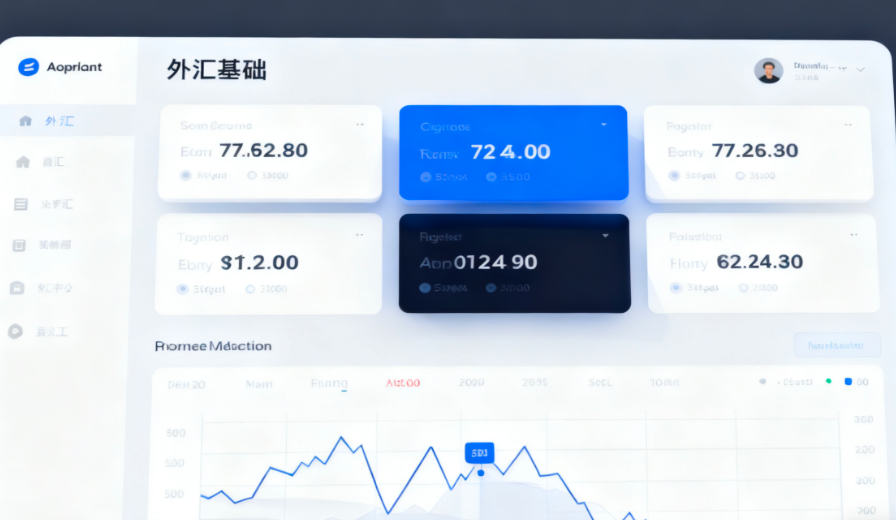
A New "Subprime Specter" Haunts the US Economy: Subprime Auto Loan Delinquency Rates Hit Record High
Some industry analysts say Tricolor's bankruptcy highlights the pressure faced by undocumented immigrants and other consumers with limited access to credit. Analysts at S&P Global Ratings recently warned investors to be cautious of securities backed by auto loans made to consumers with scant or non-existent credit histories, citing the context of heightened immigration enforcement by the US government.
Analysts note that although subprime loans represent a relatively small portion of the auto loan portfolios at banks, auto finance companies, and credit unions, data from Cox Automotive shows that many automakers' financial arms relaxed credit standards this summer, indicating a willingness to take on additional risk.
This is partly because high new vehicle prices, a persistent issue plaguing the industry for years, have pushed the average monthly payment to over $750 – with nearly 20% of loans and leases now having monthly payments exceeding $1,000. Auto company executives often mention the need to produce more affordable vehicles, partly because some consumers are ultimately turning to the used car market. However, automakers often favor expensive trucks and luxury SUVs due to their fatter profit margins.
Ford stated last month that it would offer lower interest rates to buyers with lower credit scores to clear unsold F-150 pickup trucks, its best-selling model. At General Motors' credit unit, approximately 12% of loans originated year-to-date have gone to customers with FICO scores below 620.
"Customers are constrained and they are stressed," said Michael Lavin, President and Chief Operating Officer of subprime auto finance company Consumer Portfolio Services, during a conference last month. Lavin noted that the company had scaled back its lending this year. Even so, in the second quarter of this year, the outstanding loan balance that ultimately led to vehicle repossessions at Consumer Portfolio Services more than doubled since 2022, reaching nearly $98 million.
















